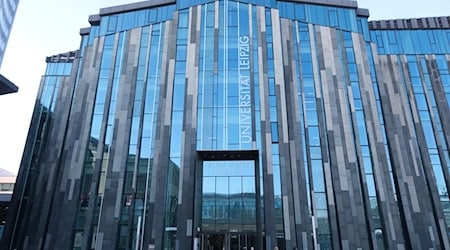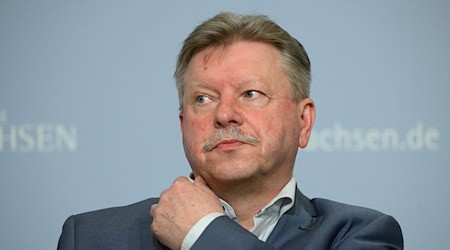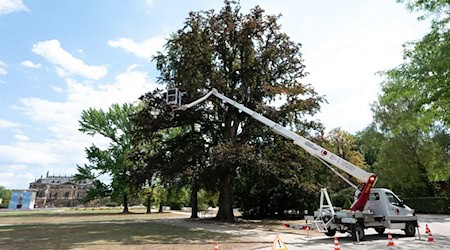Representatives of the Lusatian municipalities intend to make a number of demands of the federal government at a meeting this Monday with German Economics Minister Robert Habeck (Greens). Among other things, it is about the topics of faster planning acceleration and support for the influx into the region to be able to cope with structural change. "It's quite clear that a region that lost 30 percent of its population after reunification needs people to fill jobs and strengthen the service sector against the backdrop of structural change," Lausitzrunde spokeswoman for Brandenburg's municipalities Christine Herntier told Deutsche Presse-Agentur ahead of the meeting.
According to the ideas of the federal government, the coal phase-out should also be brought forward in Lusatia from the year 2038 - ideally to the year 2030. However, Herntier stressed that before a possible early exit from lignite, the structural change must work. "We must not gamble the whole thing away." The Lusatian municipalities would present their view at the appointment in Berlin.
Together with Lausitzer mayor colleagues Herntier and the speaker of the municipal alliance for Saxony, Torsten Pötzsch, will bring up another topic with Habeck. The municipalities also want structural strengthening funds for schools. "When it comes to influx, if the region is to be attractive for young families, then the issue of education must be strengthened," Herntier said.
For decades, student enrollment has declined, Herntier said. If it is to run in even higher speed now in the other direction, something must happen, demanded the city hall chief of Spremberg (Spree-Neisse). Investments in schools are a matter for the states and excluded in the structural strengthening law.
Also the topic water management in the Lausitz is to be on the table. According to a UBA study, the drinking water supply in the Berlin area and along the Spree threatens major bottlenecks. The river could locally carry up to 75 percent less water in dry summer months if much less groundwater is pumped into the river when lignite mining ends. As a solution, the study suggests, among other things, upgrading dams and water reservoirs and expanding existing lakes as water reservoirs. According to the federal government, the implementation of water management measures in Lusatia, such as storage concepts, is the responsibility of the affected states.
The water problem is a burden for eternity, so the federal government has a responsibility, Herntier said. Water is needed for the landscape, people and nature, he said. "But the big structural change projects, such as the hydrogen industry, also need water - and they need it reliably."
Copyright 2023, dpa (www.dpa.de). All rights reserved










